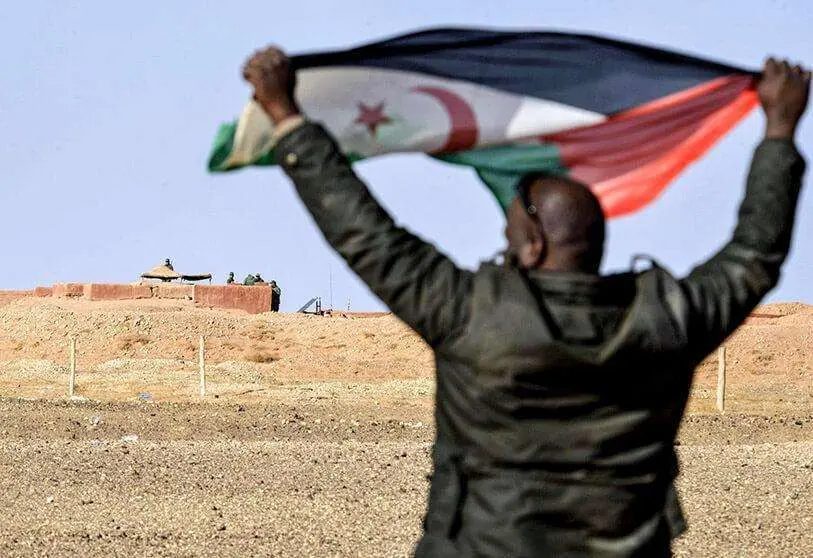Polisario Front would lose an election in Western Sahara

One of the reasons for the Polisario Front's leaders to reject the possibility of accepting autonomy as the basis for a solution to the conflict in Western Sahara is their conviction that, in the event of being able to present itself as a political movement, it would lose the elections that would necessarily be held in the territory.
In the outline of the Autonomy Plan presented by Morocco to the UN Security Council 15 years ago, and in the subsequent clarifications made to detail the concrete development of the Moroccan initiative, the holding of democratic, free and fair political elections, under the protection of external observers, countries and international organisations, plays a fundamental role. These elections will be aimed at electing representatives at different levels of the organs of self-government, in the various forms yet to be negotiated and defined.
If the Polisario Front were to accept the autonomy plan proposal, it would be forced to stand in the elections, either directly as a legalised political movement, or indirectly by supporting an indigenous formation that would respond to its programme and objectives. Otherwise, the independence movement would be ostracised.
The refusal to open this new avenue of dialogue and consultation based on the formulation of the autonomy option is due to the conviction of a majority of Polisario leaders that they would suffer a severe defeat at the polls; whether the leaders of the Front individually or the movement as a whole, they would only receive the support of a minority sector of the Sahrawi population.
This alternative is not acceptable for a movement that has lived on international support and solidarity, that has maintained a high social status, that has given its children a select education in European and American colleges and universities, that has received passports, loans and facilities to settle in Spain, France or Italy, and could lose these privileges.
In these regional elections, in addition to the Moroccan national parties, all of which have regional representation, Sahrawi political groupings born in the territory in recent years or resulting from splits within the Polisario, such as the Sahrawi Movement for Peace, Jat Achahid and others defending Sahrawi identity and ancestral values, would participate.
Compared to a wide range of political and associative parties and movements, the Polisario would only be supported by a small group of activists and sympathisers.
As for the Sahrawi population currently residing in the Tindouf camps, who would return to the territory after dozens of years of exile, there is no certainty that they would agree to remain under the political and organisational control of the pro-independence group.
This prospect of failure could only be solved with a prior agreement between the Polisario and the Moroccan government, which would guarantee the former's survival and grant its leaders a comfortable income as ex-combatants. This is not certain to happen.


